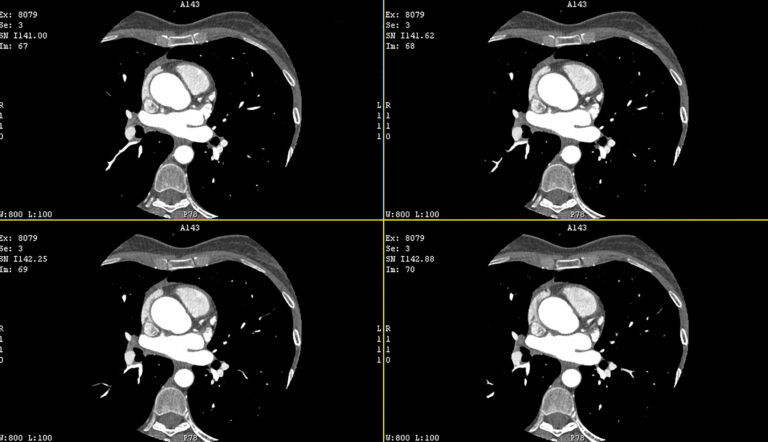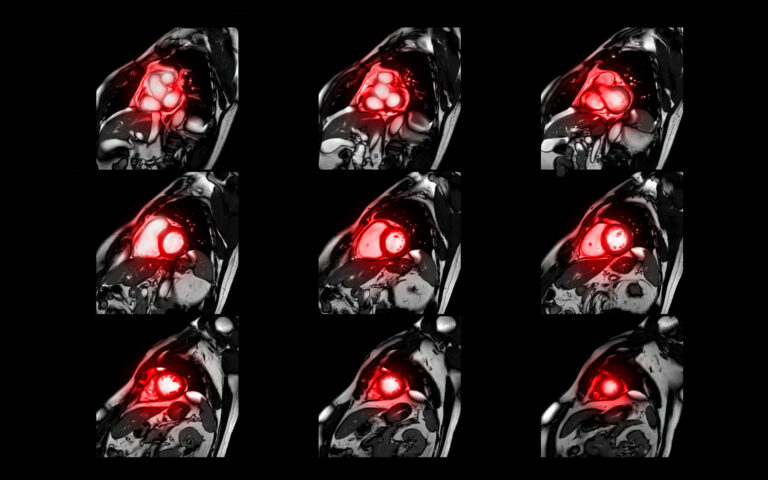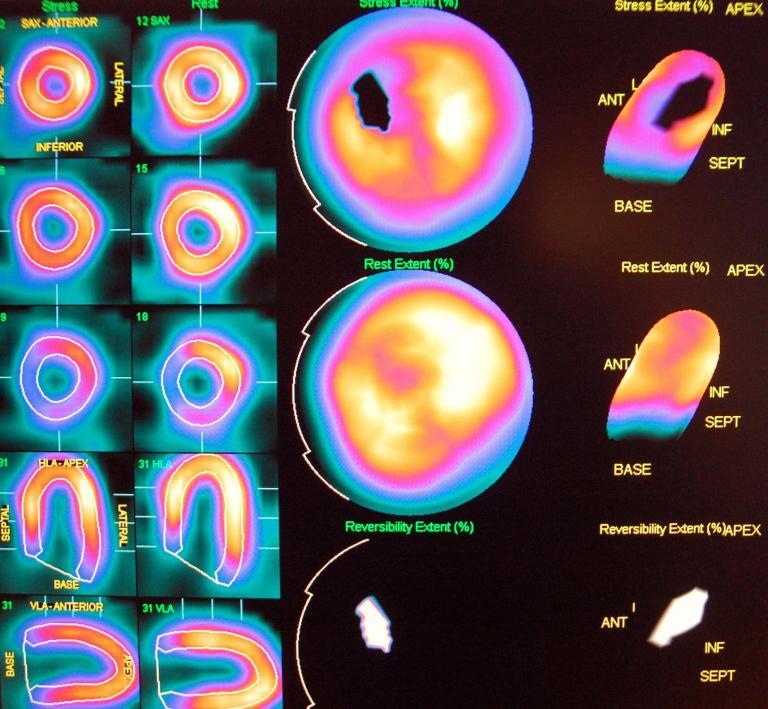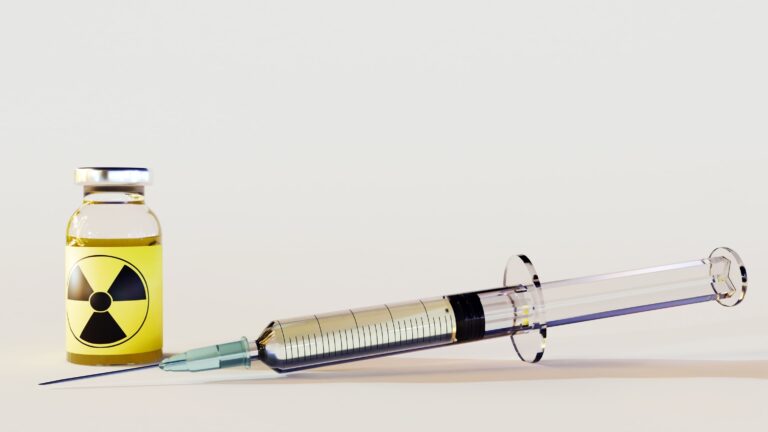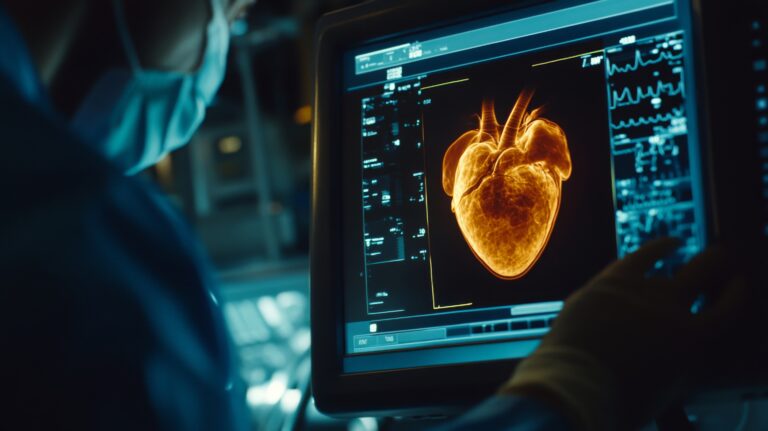Myoview
Myoview (Tc-99m tetrofosmin) is a vital imaging agent to assess myocardial perfusion in diagnostic nuclear medicine procedures, particularly single-photon emission computed tomography (SPECT). GE Healthcare developed it and has been in use since the 1990s. Myoview is primarily used to detect coronary artery disease (CAD), evaluate myocardial viability, and sometimes assess ventricular function.
Myoview is a lipophilic cationic complex that contains the radionuclide technetium-99m (Tc-99m). Tc-99m is a gamma-emitting isotope with a relatively short half-life of 6 hours, making it an ideal choice for nuclear medicine imaging. In addition, the Tc-99m tetrofosmin complex is specifically designed to mimic the physicochemical properties of naturally occurring molecules in the myocardium, such as potassium. As a result, it can be taken up by the myocardial cells via the exact membrane transport mechanisms.
During a Myoview SPECT scan, the patient is injected with the Myoview radiotracer. The tracer is taken up by the heart muscle cells in proportion to blood flow, allowing for the identification of areas with reduced blood flow. By performing the scan under both resting and stress conditions, clinicians can assess the presence and severity of CAD. The stress phase typically involves either physical exercise or the administration of a pharmacologic stress agent, which simulates the effect of exercise on the heart.
The Myoview SPECT scan produces high-resolution images of the heart that can be analysed to evaluate myocardial perfusion. Areas with reduced tracer uptake indicate ischemic or infarcted tissue, which may result from a blocked or narrowed coronary artery. Consequently, the Myoview SPECT scan is instrumental in identifying the presence of CAD and determining the necessity for further interventions, such as angioplasty or bypass surgery.
One of the key advantages of Myoview is its rapid clearance from the bloodstream, which reduces background noise and enhances image quality. Additionally, the agent has a low radiation dose, minimising the risk of radiation exposure for patients undergoing the procedure. The Myoview SPECT scan is also relatively safe, with few reported side effects. Some patients may experience mild reactions such as headache, dizziness, or nausea, but these are generally short-lived and resolve without intervention.
home » myoview

